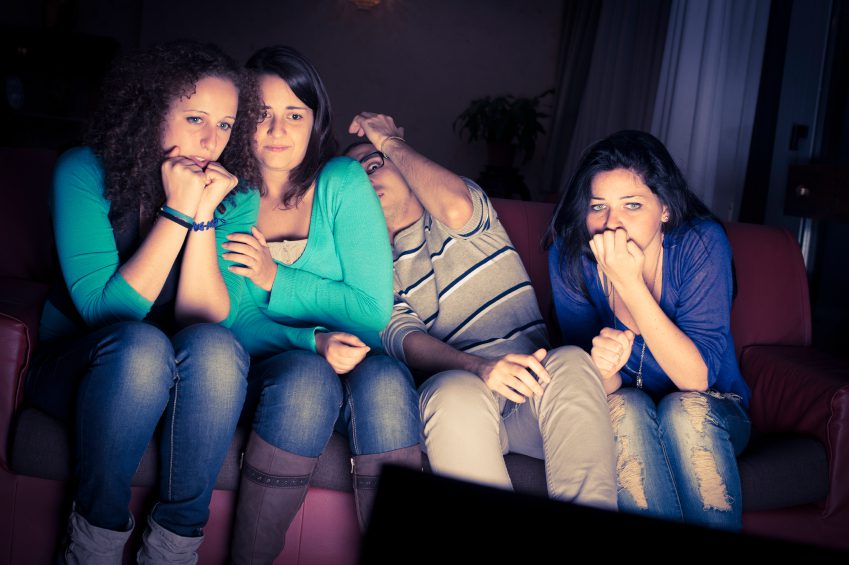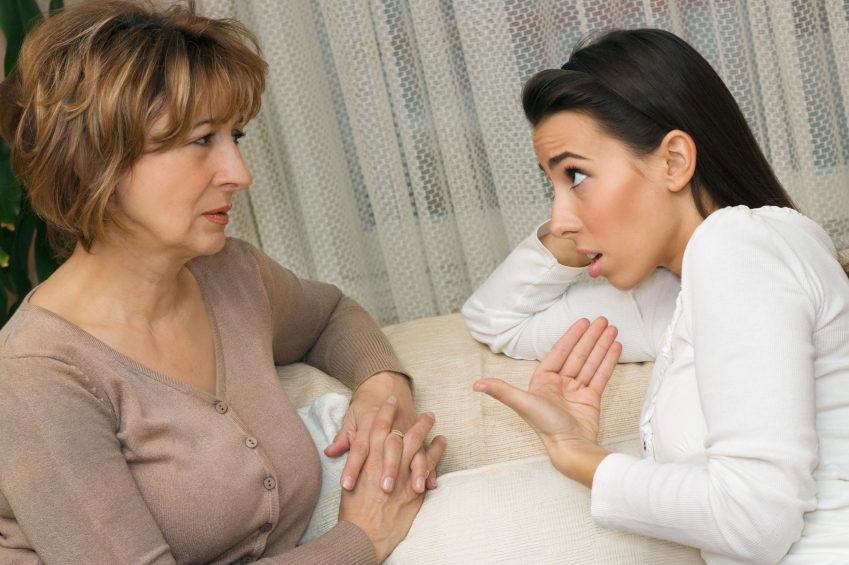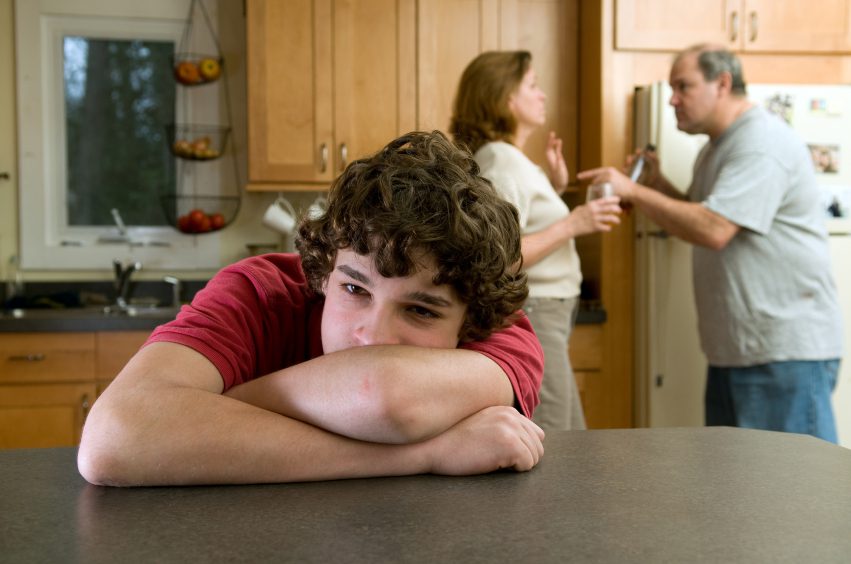You & Your Family
Supporting Our Gay and Lesbian Youth

TV shows such a Glee and Modern Family have brought gay characters and storylines into the homes of millions of Americans. But for any child, the decision to come out of the closet remains one of the hardest things that a gay, lesbian, or bisexual person will do.
Over-Scheduled, Stressed-Out Families

You can also listen to this podcast on iTunes, Spotify, Google Play, Stitcher, TuneIn, SoundCloud, and most podcast apps – just search for “Shrinking It Down.
What Is Psychodynamic Child Psychotherapy?

Your child is in emotional distress. About a month after the divorce, your 7-year-old daughter Ali starts having some difficulty settling down for bed. She insists on a prolonged bedtime ritual for her dolls—tucking them all in carefully, and reciting the same “good night” words to 10 little feminine figures.
Is It Safe to Use Stimulants to Treat ADHD?

It’s not unusual for parents to bring their kid with attention deficit hyperactivity disorder (ADHD) to a child psychiatrist and say:
“We really want you to help, but do not want any medications.
Adult Children Moving Back Home: The Boomerang Generation and the New Normal

Intro music written and performed by Dr. Gene Beresin.
Outro music performed by Dr. Gene Beresin.
In the past when children went off to college or left home, parents needed to adjust to living as “empty nesters.” The expectation was that this was the way life would continue.
What’s the Effect of Violent or Graphic Television?

Before we get into the details of this post, I gotta come clean.
I love TV.
I love movies, and TV, and all sorts of visual media. It is universally accepted that the writing on the screen has gotten better, more nuanced, more sophisticated, and more engrossing.
Grounding Your Teen For a Month for Missing Curfew

Chloe just got her driver’s license. With this, her father tells her, comes great responsibility. She will be expected to run errands. She will be expected to take her little brother to karate class.
What Is Resilience?

Although resilience is not a new subject, it has recently enjoyed renewed attention as clinicians work to understand how children and adolescents remain whole in the face of difficult times.
Can My Teen Be My Confidant?

It’s awfully hard to figure out if your teenager is grown up. That’s largely because it’s awfully hard for your teen to decide.
When Parents Have an Argument

My parents argued with each other.
Most parents do.
In fact, we worry more about the parents who never argue. If parents don’t argue, we worry that they’ve lost some of the passion to discuss (albeit vociferously!) the difficulties in raising a family.



